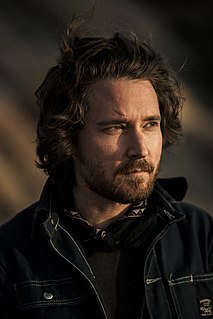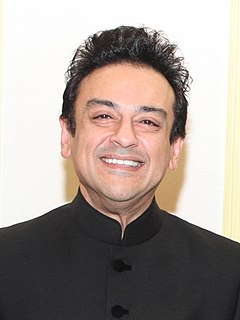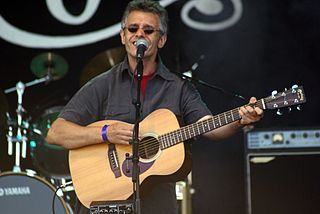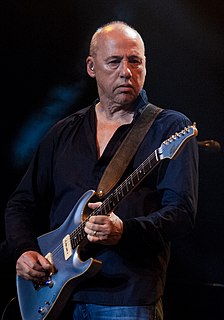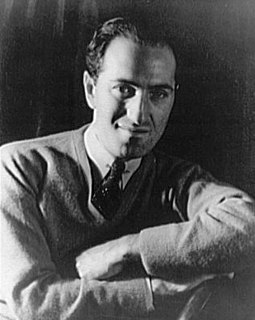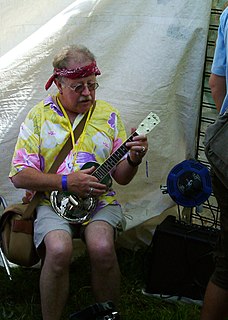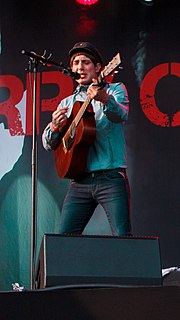A Quote by Alan Parsons
Folk rock was my real roots. I did a few gigs as a folk artist, in the style of Fairport Convention.
Related Quotes
I remember the first time I was booked into a jazz club. I was scared to death. I'm not a jazz artist. So I got to the club and spotted this big poster saying, 'Richie Havens, folk jazz artist.' Then I'd go to a rock club and I'm billed as a 'folk rock performer' and in the blues clubs I'd be a 'folk blues entertainer.'
I think there's a difference between the type of folk music that people put into the box of "folk music" and then there's the kind of folk music that I aspire to and am in awe of, and that is the kind of folk music where it's very limited tools - in most cases a guitar, in a self-taught style that is idiosyncratic and particular to that musician.
Most people's intuitions are drowned out by folk sayings. We have a moment of real feeling or insight, and then we come up with a folk saying that captures the insight in a kind of wash. The intuition may be real and ripe, fresh with possibilities, but the folk saying is guaranteed to be a cliche, stale and self-contained.
I think what makes the Byrds stand up all these years is the basis in folk music. Folk music, being a timeless art form, is the foundation of the Byrds. We were all from a folk background. We considered ourselves folk singers even when we strapped on electric instruments and dabbled in different things.
I believe that Fairport, in all its incarnations, has almost single-handedly been responsible for and has written the book on the history of the evolution of folk-rock in the UK. Over the years Ashley Hutchings, with his Albion Bands and Richard through his solo work have carried the torch to another level.


